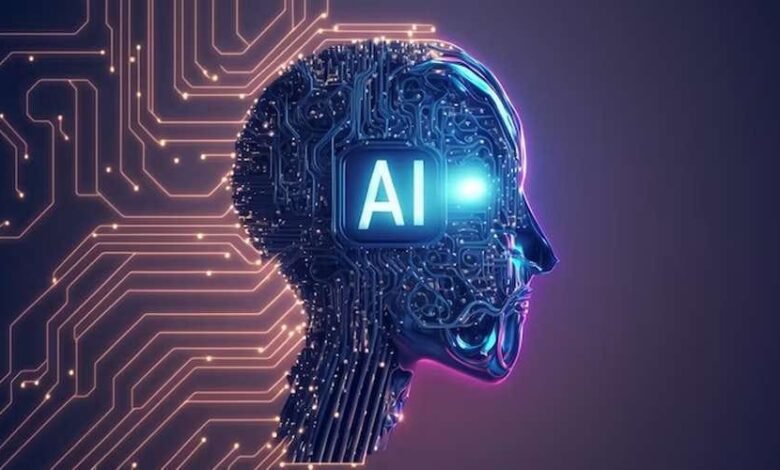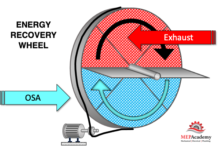The Role of AI Video Generator in Storytelling

The integration of AI video generators into the realm of storytelling marks a significant shift in how narratives are crafted and presented. These tools not only streamline production but also open new avenues for creative expression, allowing storytellers to manipulate visuals and pacing with unprecedented precision. As the technology matures, it raises intriguing questions about the balance between automation and artistic intent. What implications does this have for the future of narrative forms and audience engagement? Exploring these dimensions may reveal a landscape where storytelling evolves in ways we have yet to imagine.
Understanding AI Video Generators
In recent years, a significant number of creators and businesses have turned to AI video generators as powerful tools for storytelling.
These platforms harness advanced AI capabilities to streamline video production, enabling users to craft compelling narratives with unprecedented efficiency.
See also: Text to Image Technology and Its Role in Education
Enhancing Visual Storytelling
Countless creators are discovering that AI video generators significantly enhance visual storytelling by integrating cutting-edge technology with creative expression.
These tools elevate visual aesthetics while allowing for meticulous control over narrative pacing, enabling storytellers to craft immersive experiences.
Benefits for Creators
While traditional video production often requires substantial time and resources, AI video generators offer creators a remarkable opportunity to streamline their workflows and enhance their creative output.
By automating routine tasks, these tools foster collaboration opportunities among creators, allowing them to focus on storytelling.
Ultimately, AI enhances creative efficiency, empowering artists to explore innovative ideas without the constraints of conventional production methods.
Future of Storytelling With AI
The advent of AI technology is poised to revolutionize storytelling, transforming how narratives are crafted and experienced.
By harnessing machine learning, creators can develop interactive narratives that adapt to audience choices, fostering deeper engagement.
This shift empowers storytellers to explore limitless possibilities, allowing for personalized experiences that resonate with diverse audiences, ultimately redefining the landscape of creative expression in the digital age.
Conclusion
The integration of AI video generators in storytelling signifies a pivotal shift in narrative construction, inviting skepticism regarding the authenticity of creative expression. However, these tools do not replace human creativity; rather, they augment it, enabling storytellers to explore uncharted narratives with enhanced visual fidelity and efficiency. Embracing AI technology can lead to more immersive and personalized experiences for audiences, ultimately enriching the storytelling landscape and democratizing the creative process for a diverse array of voices.






